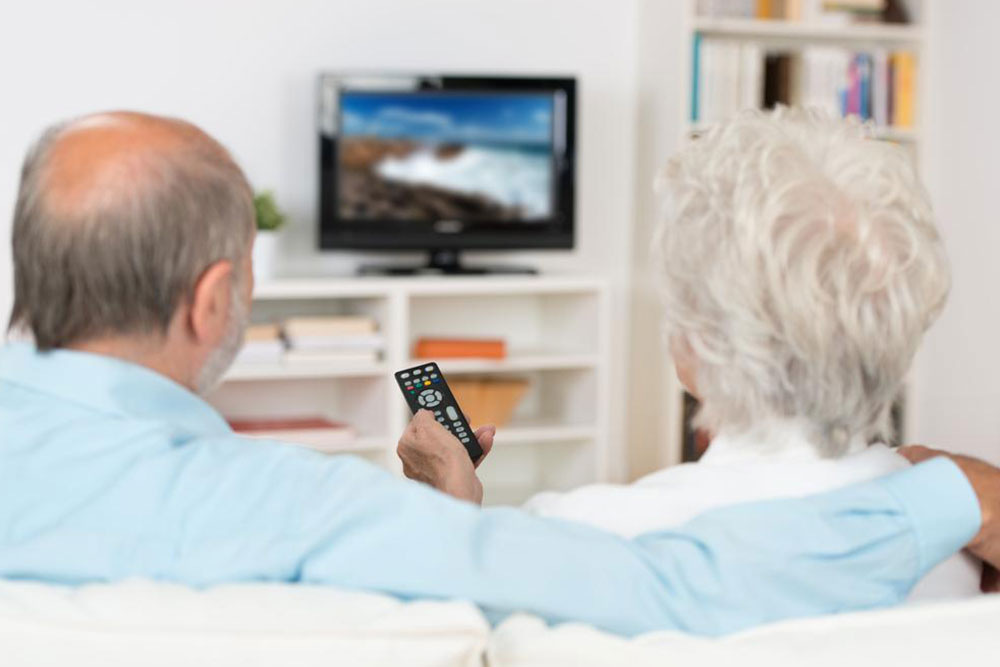Transition in Cable TVs
Older televisions were equally considered as a somnolent business. The US made use of three major networks operating as the gatekeepers and chose different programming systems each year which engages a certain number of users that could generate a certain amount of revenue. However, cable overcast the situation, building on subscription revenues to fracturing the users and engendering them to pay channels like Showtime and HBO, but there still wasn’t a harsh change. However, there were providers who improvised on program offers and those who dealt with them along with few contenders and there were some who could do both.

The alternation of access:
There were days when televisions were considered wonderment; it had a single remote controller only by which the TV was operated. However, today technology has deconstructed the whole concept traditional TV and makes every screen in the house such as mobile phones, tablets, traditional sets able to stream top notch programming. And the TV appliance itself is undergoing drastic change as every top manufacturers now offer smart TV’s that can access internet directly and holds streaming devices like Amazon fire, Apple TV, and Rouk.
The revenue of TV:
Traditionally, advertising and subscriptions are streams that fetches revenue for every TV business. Add-on channels like Showtime and HBO were handy on subscription models and hybrid model alone. For letting them carry programming, they sold advertising and collected fees from the cable providers. Previously, the cable companies had a strong dominance as they had direct financial relationship with the customer unlike the broadcasters. They have the authority to pay a programmer more or less, provide access to coveted spot on the cable box, or hide them deep behind the arrangement. Netflix streaming services blends actual programming with feature films and documentaries like HBO. However, they charge less and earn the same per customer because they need not have to pay for cable providers. Recently, HBO has launched HBO Now which lets customer access the pay channel directly on any device without a cable subscription so the companies get the revenue indirectly and retains all customers.
This does not mean that the demand for cable companies are going down; they still offer new services like home security and hold a valuable infrastructure.

